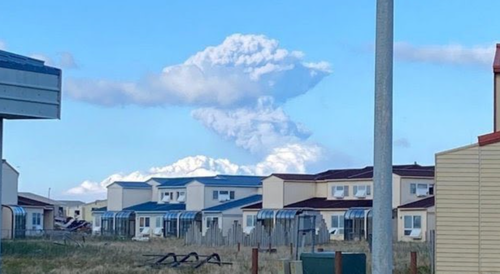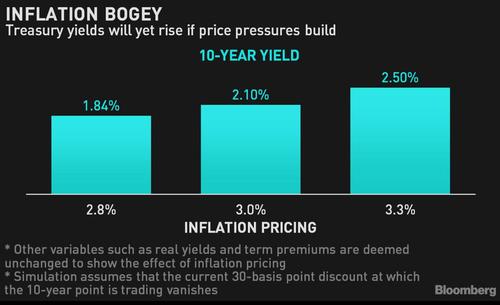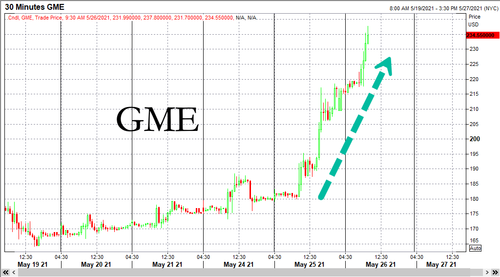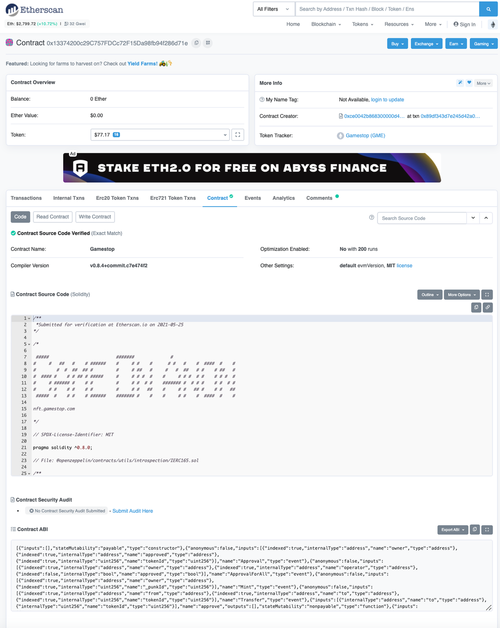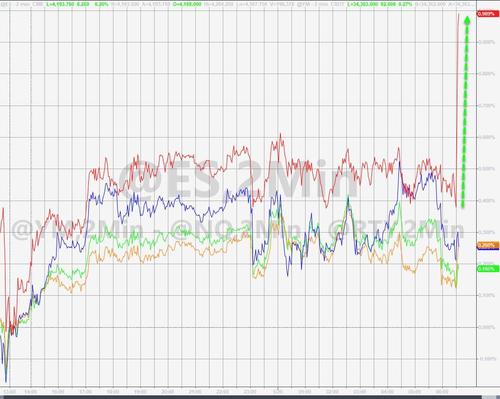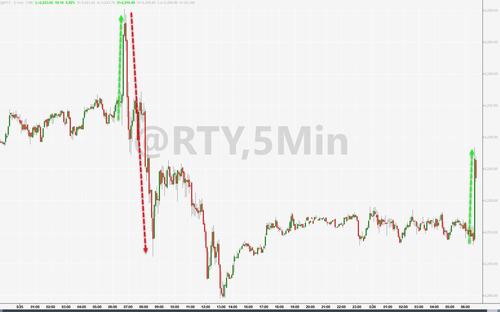“It’s About Limiting Confusion”: Waymo Will No Longer Use The Term “Self-Driving”, Chief Safety Officer Says
When it comes to the autonomous vehicle wars in the U.S., it still looks like reining leader Waymo is setting both the pace of innovation and the tone for safety for the rest of the players in the industry.
This week, Waymo took the extremely responsible step of ceasing the use of the term “self-driving” to describe its vehicles. The company said it was doing this “so as not to give drivers a false sense of security in the technology,” according to Chief Safety Officer Mauricio Pena, who wrote an op-ed for CNBC this week.
“At Waymo, where I’m Chief Safety Officer, ensuring that the public has an accurate perception of the technology is a top priority. We’re confident that autonomous driving technology has the potential to save lives—as demonstrated by study after study. But we also know that many people don’t fully understand how ADVs work, and that people fear what they don’t understand,” he wrote.
The op-ed continues:
“Several years ago, we launched a public education campaign aimed at demystifying the technology for the general public, because we’ve seen that the more people learn about it, the more eager they’ll be to embrace it. Through that work, we have witnessed how language shapes people’s perception, and how the words we use to describe technology will ultimately influence how people engage with and use it.”
And finally explains Waymo’s reasoning for replacing the term with “autonomous driving”:
“That’s true of working in any nascent industry, because you’re not just creating the foundational technology that future generations will build on, but you’re also introducing it to people for the first time. That is just as true for building ADVs here at Waymo as it was for me when I worked on innovative rocket launches and commercial space travel.
And it’s a big reason why we decided to drop the term “self-driving” from our lexicon earlier this year, and instead started using the term “autonomous driving,” exclusively. It’s not just a branding exercise, and it’s not just a hypothetical—it’s about limiting confusion to improve safety outcomes.”
“If someone is overly confident in a technology because they misinterpret the words used to describe it, they could unknowingly take risks that jeopardize their own safety and the safety of the people and cars around them,” the op-ed concludes.
Recall, back in early May, we wrote an article about how Tesla had admitted it was “firmly in Level 2” autonomy still, several levels below Waymo. Tesla’s CEO, Elon Musk, has been crowing about Full Self Driving in Tesla vehicles – a feature that neither exists, per what its name claims, nor has been proven to be reliably safe – for years.
Whilst doing that, Tesla has sold billions of dollars in vehicles and taken deposits for years based on the idea that Full Self Driving technology would come to fruition at some point in the future.
But in early May an admission from Tesla seemed to confess what anyone paying attention already knew: there will be no Full Self Driving by the end of 2021. The company “told a California regulator that it may not achieve full self-driving technology by the end of this year,” according to Reuters earlier this month. The memo was originally unearthed by legal website PlainSite.
“Tesla indicated that Elon is extrapolating on the rates of improvement when speaking about L5 capabilities. Tesla couldn’t say if the rate of improvement would make it to L5 by end of calendar year,” the memo said.
It continued: “Tesla indicated that they are still firmly in L2. As Tesla is aware, the public’s misunderstanding about the limits of the technology and its misuse can have tragic consequences.”
If that’s the case – and Waymo has done the right thing by speaking out – why not make a similar public statement about Autopilot, or even change the “feature’s” name.
Tyler Durden
Wed, 05/26/2021 – 10:40
via ZeroHedge News https://ift.tt/2Tf2dgd Tyler Durden






